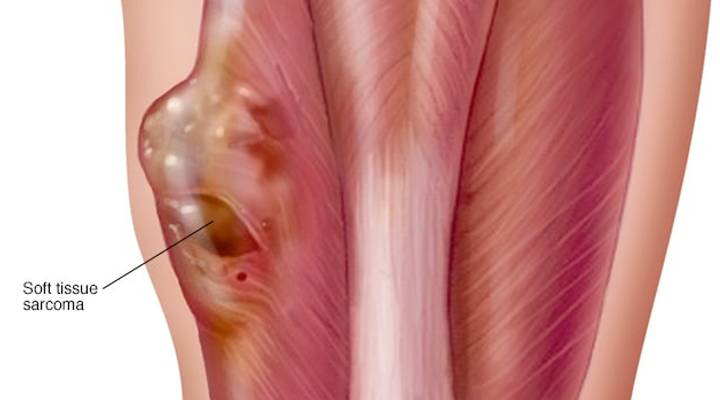How to treat PCOS and enhance fertility

Polycystic Ovary syndrome (PCOS), is the most common condition related to hormones seen in women of reproductive age. While the specific cause of PCOS remains unknown, the disorder can lead to difficulty getting pregnant as the ovaries don’t always produce an egg every month.
There are myths that women suffering from PCOS cannot get pregnant, in reality the disorder is highly treatable and almost every woman with PCOS should be able to get pregnant. In fact, modest weight loss and lifestyle changes can at times be enough to increase the chances of fertility in many women. Others may need basic infertility treatments and medications and for those that need additional help conceiving, in vitro fertilization (IVF) is a highly effective form of treatment.
Fertility Enhancement
As such, there is no specific treatment for PCOS, however the symptoms can be treated. There are some steps that women with or without PCOS should take for a healthy pregnancy. At times this alone may get your body ovulating and if it does not work, it will certainly assist your medication to work better and help cut down on risks during pregnancy.
Initial steps
- Measure your body mass index (BMI) – Your BMI is an indicator of your body weight and how much of the body composition is fat. In case you are on a higher side of the scale, have a word with your doctor on how much weight you need to lose before you get pregnant.
- Chart a healthy diet and exercise plan – Choose healthy food options and lead an active life.
- Keep a track on your period with an app or ovulation calendar – This helps you get pregnant as it gives a better guess about which days of the month you are more likely to conceive.
- Monitor your blood sugar levels – Blood sugar levels need to be balanced as it plays an important role right from getting you pregnant to having a healthy pregnancy and even in your baby’s future health.
Medications
A number of different medicines offer help with conceiving with PCOS. Your doctor will best decide which one is suitable in your case.
To regulate your menstrual cycle, your doctor might recommend:
- Birth control pills –A combination of birth control pills containing estrogen and progestin decrease the production of androgen and regulate estrogen. Regulating your hormones is important as it can lower your risk of endometrial cancer and correct abnormal bleeding, excess hair growth and acne. A vaginal ring or a skin patch that contains a combination of estrogen and progestin may be used instead of pills.
- Progestin –Taking progestin therapy for 10 to 14 days every one to two months can regulate your periods and protect against endometrial cancer.
To help you ovulate, your doctor might recommend:
- Clomiphene citrate– the drug stimulates the ovaries to release eggs and is used in the first part of the menstrual cycle.
- Metformin – some women with PCOS may have insulin resistance, metformin improves insulin resistance and lowers insulin levels. If you are unable to become pregnant with clomiphene, your doctor might recommend adding metformin. Moreover, if a woman is having prediabetes, metformin can also slow the progression to type 2 diabetes and help with weight loss.
- Letrozole (Femara) – This drug used in the treatment of breast cancer can work to stimulate the ovaries.
Some women fail to respond to clomifene citrate and may be offered one of the following options to enhance their chances of pregnancy:
- Gonadotrophins – The drug based on the gonadotrophin hormones stimulates the ovaries to produce and ripen eggs. There are chances of multiple pregnancy with this drug as it is likely to overstimulate your ovaries.
- Surgical Intervention – If other treatments don’t work, surgery can be an option to improve fertility. Ovarian drilling is a procedure in which tiny holes are made in the ovary with a laser or thin heated needle to restore normal ovulation.
- Intrauterine insemination (IUI) – This procedure directly injects a high concentration of sperm closer to the egg and increases the chances of pregnancy.
- In Vitro Fertilization (IVF) – IVF is an advanced fertility treatment where the ovaries are stimulated to produce eggs and speed up their ripening followed by monitoring of follicles, triggering ovulation and finally harvesting mature eggs using a minimally invasive procedure. The retrieved eggs are fertilised outside the body and transferred into the uterus.
The process can take months and even years irrespective of whether you have PCOS or not. However, it has been shown that women with PCOS have a high success rate of getting pregnant with IVF treatment. Women suffering from PCOS and having a healthy weight are twice as likely to get pregnant with IVF as women with PCOS who are obese.







